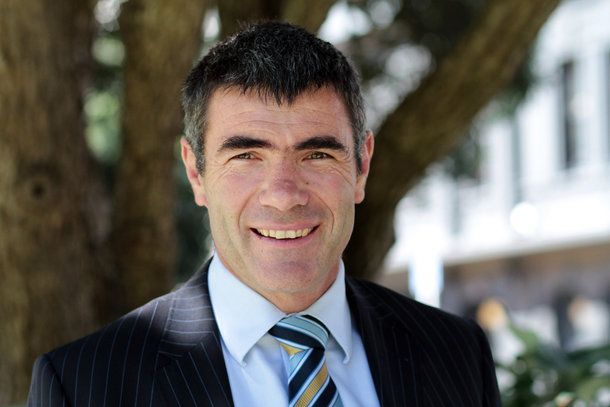
Minister for Primary Industries
It’s a huge privilege to be back as Minister for Primary Industries after the election last year, and I’m determined to make the most of every day. The primary industries are the backbone of New Zealand’s economy. Agriculture, horticulture, viticulture, forestry and fisheries make up around 73% of our merchandise exports and earn our living in the world.
I know that everyone involved in the sector – from farmers and growers through to food and beverage producers – are ambitious for their industry, and so am I.
As a Government we’ve set a goal of doubling the value of primary exports by 2025. It won’t be easy to get there, but the potential rewards are huge.
My vision is that over the next decade New Zealand will be a world leader in producing premium, value-added products in huge demand around the world.
The regions will be booming, and the primary sector will be the career of choice for our best and brightest young people.
Science will have helped us become a world leader in environmental sustainability, not just mitigating our footprint but actually improving things for future generations.
Of course, this won’t be easy when we have years like 2014 when dairy prices fluctuated so much. But farming is a long-term game and we all know there are massive opportunities – and challenges – in front of us.
The three key issues I see ahead of us are competitiveness, value, and people.
Competitiveness is about how we compete with our rivals around the world, and trade access is an important part of this.
Negotiations with Korea for a Free Trade Agreement have now completed, which will deliver real gains to the dairy industry.
The Trans-Pacific Partnership has the potential of greater market access into countries like US and Japan. And of course, we all know what a great success trade with China has been. There are also encouraging signs from India of wanting to progress an FTA.
Adding value is one of the most important challenges. There’s no doubt we produce some of the best commodities in the world, but we need to keep turning these into the best products in the world.
This is why research and development is so important. Our flagship programme is the Primary Growth Partnership, with 16 current programmes underway.
A total of just over $700 million is being co-invested by industry and Government. We’ve already started seeing some fantastic results come out of these projects and there will be much more to come.
One of the biggest challenges in growing and protecting value is our ‘social licence’ to operate. My definition of this is the ability to produce our products sustainably, bringing the community with us, and earning their respect and understanding.
Environmental performance is no longer a ‘nice to have’ – it’s a necessity.
My third and final theme is people, and it’s potentially the most important because without top people we won’t be competitive or increase value.
There is no shortage of work underway by both industry and government, but the potential is there to achieve a lot more by collaborating.
If we can tackle all of these issues, the potential rewards are hugely exciting. The rise of Asia is happening right on our doorstep and their demand for the best quality products will only increase.
All the best for the year ahead.
THE 2015 FMCG BUSINESS LEADERS FORUM
The annual Leaders Forum, featuring exclusively in the February edition of FMCG Business magazine, includes advice and industry updates from Ministers Nathan Guy and Jo Goodhew, Countdown and Foodstuffs Managers, FGC Chief Executive Katherine Rich and Nielsen NZ Managing Director Rob Clark, to name just a few.
To subscribe to FMCG Business magazine please email: subscriptions@intermedia.co.nz , or contact the team: trubanowski@intermedianz.co.nz or thislop@intermedianz.co.nz



